Blog
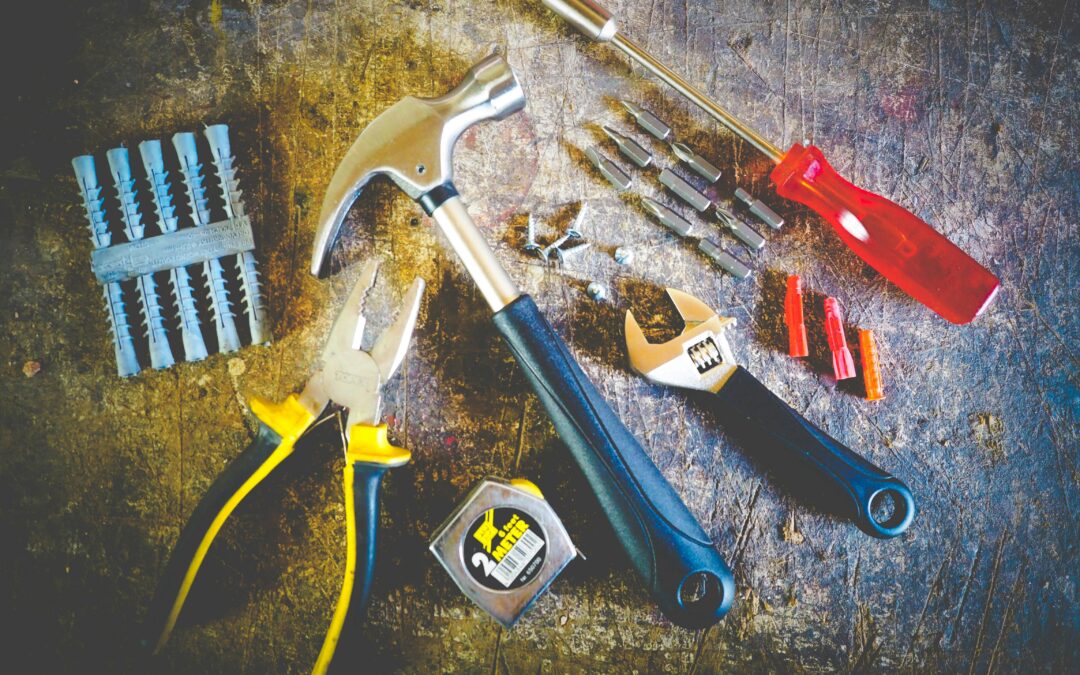
DIY Plumbing Basics Every Homeowner Should Know
Learn the most essential DIY plumbing basics in our blog! Our homes rely on a complex network of pipes and fixtures to deliver fresh water and remove waste. While calling a plumber is always an option, having a basic understanding of your plumbing system can be...
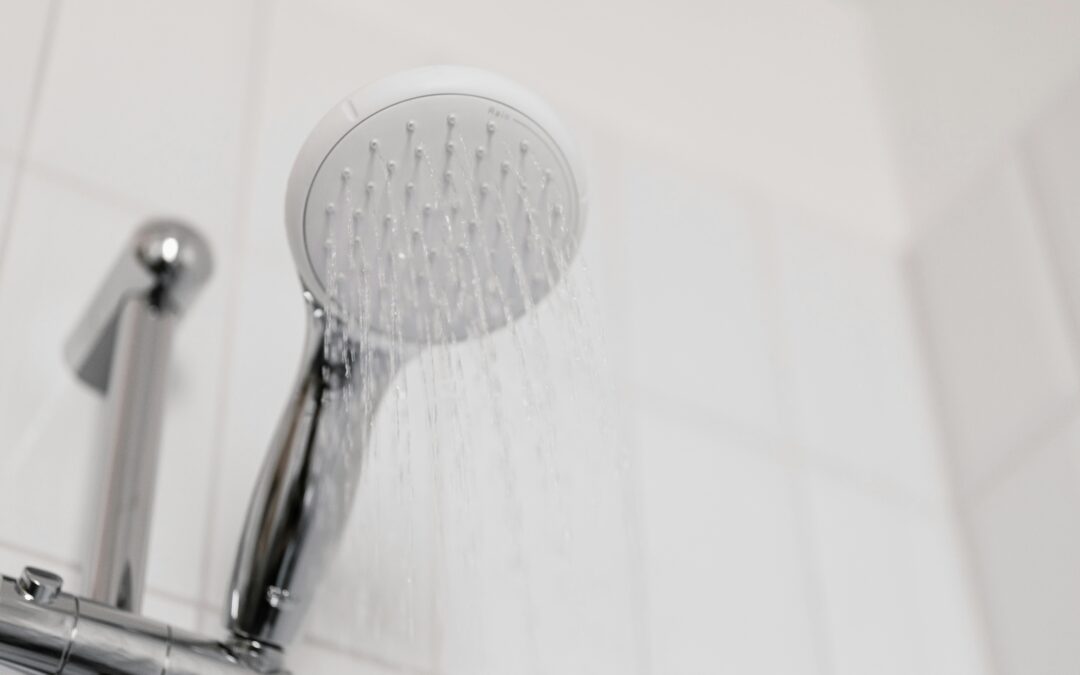
4 Signs You Need to Call a Plumber
Let's face it, nobody enjoys dealing with plumbing problems. A leaky faucet dripping all night can drive anyone crazy, and a clogged drain can turn a simple chore into a major headache. But beyond the annoyance, malfunctioning plumbing can also lead to some serious...
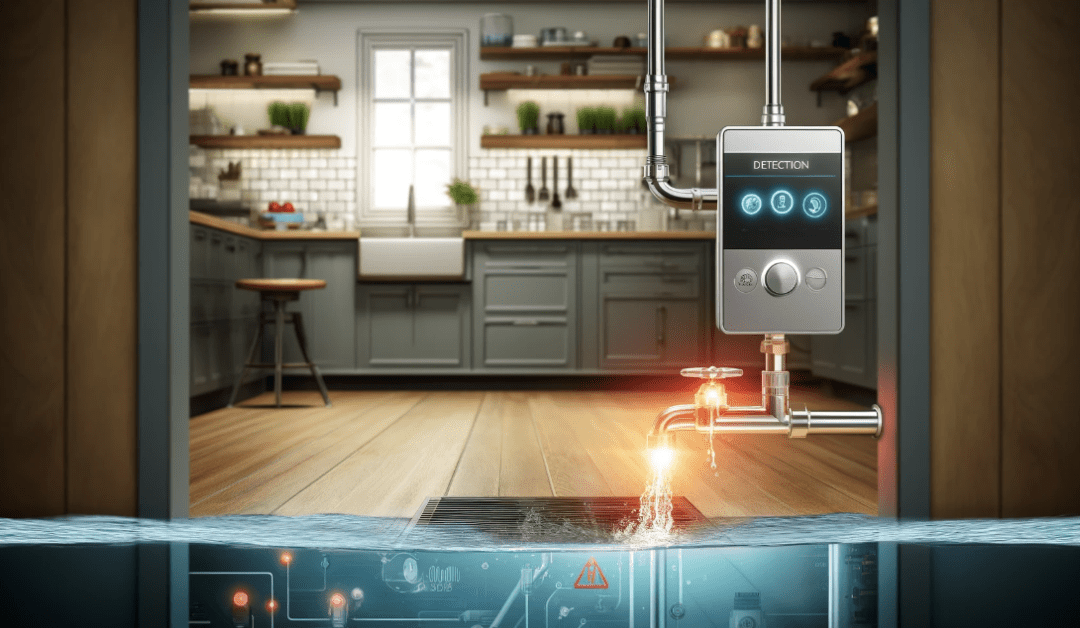
AUTOMATIC WATER LEAK DETECTION AND SHUT-OFF SYSTEMS 101
No one wants to deal with a flooded basement or warped floors, but undetected water leaks can wreak havoc on your home. Mold, structural damage, and sky-high water bills are just a few of the unwelcome consequences. The good news is, there’s a superhero for your...
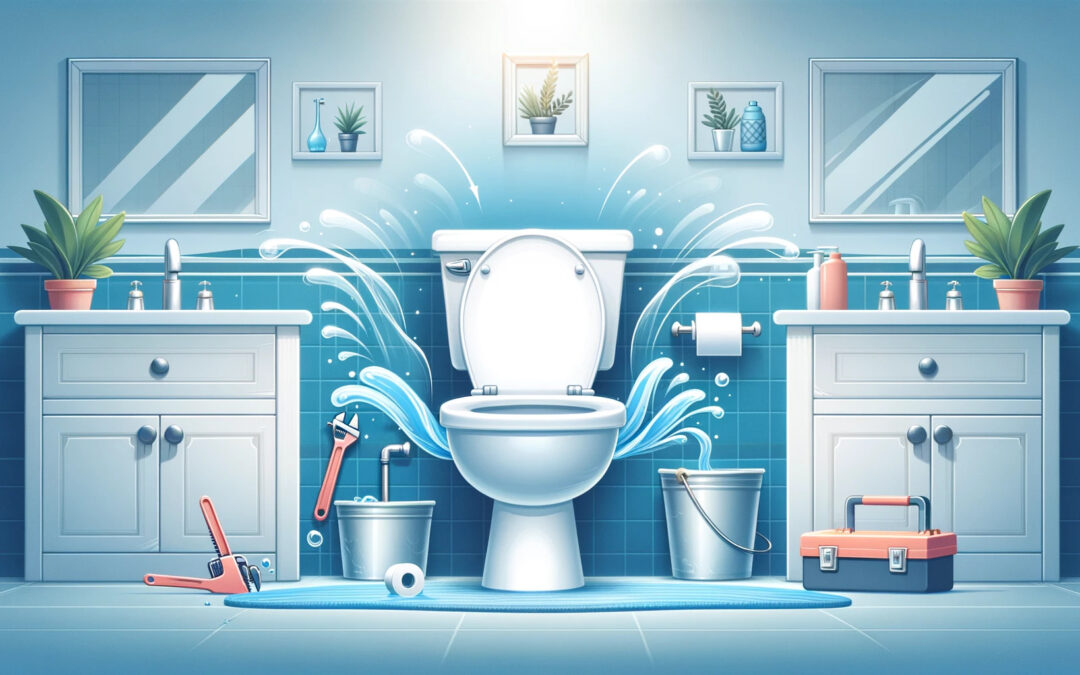
Toilet Running But Not Flushing: Troubleshooting Common Toilet Issues
A toilet running continuously is a frequent complaint for homeowners. While frustrating and wasteful, it's often a relatively simple fix. We'll walk you through simple solutions you can try yourself. If the DIY approach fails to solve the problem, our expert plumbers...

SAVE WATER, SAVE MONEY: PLUMBING LEAK DETECTION AND INSPECTIONS
Ever wonder if your money is literally going down the drain? Undetected water leaks can waste thousands of gallons per year in a single-family home. That’s money down the drain, and it can also lead to serious property damage. Water conservation and...

WHY DOES CALIFORNIA HAVE EARTHQUAKES? & HOW TO PREVENT DAMAGE
If you’ve ever wondered, “Why does California have earthquakes?” you’re in the right place. Living in California means embracing the beauty of its landscapes and the energy of its cities. But it also means being prepared for earthquakes, a natural reality of the...
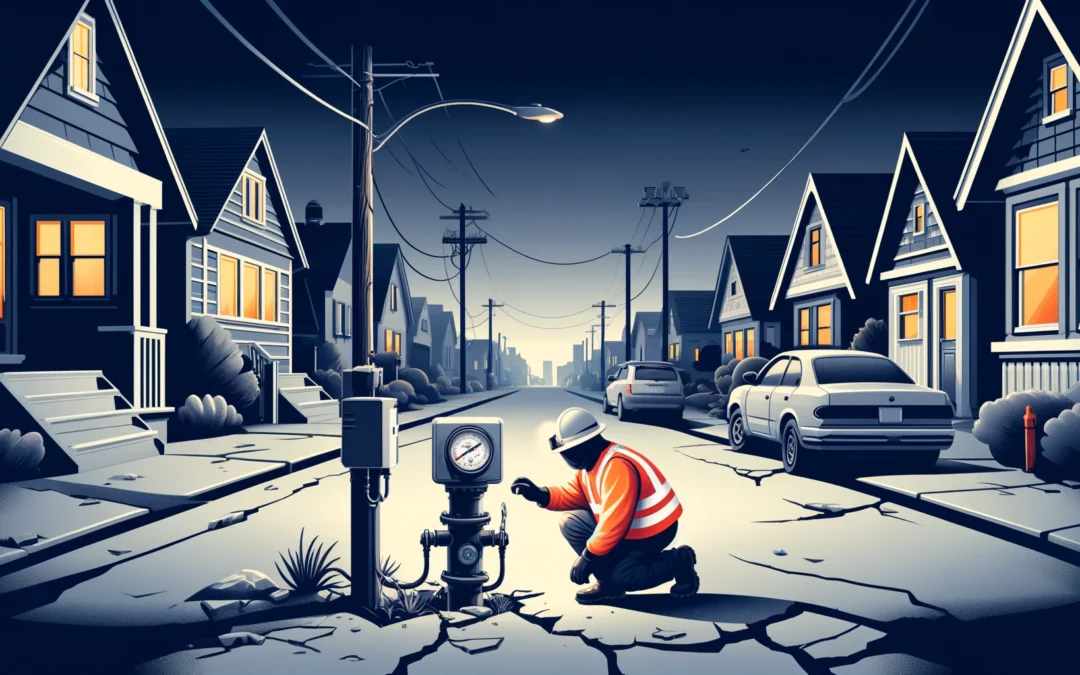
Why you shouldn’t reset your gas valve post-earthquake and what to do instead
In the aftermath of an earthquake, the danger isn’t always over after the ground stops shaking. Broken gas lines pose a serious threat, potentially leading to explosions and toxic fumes. Yet, a common misconception can put you at risk: attempting an earthquake gas...
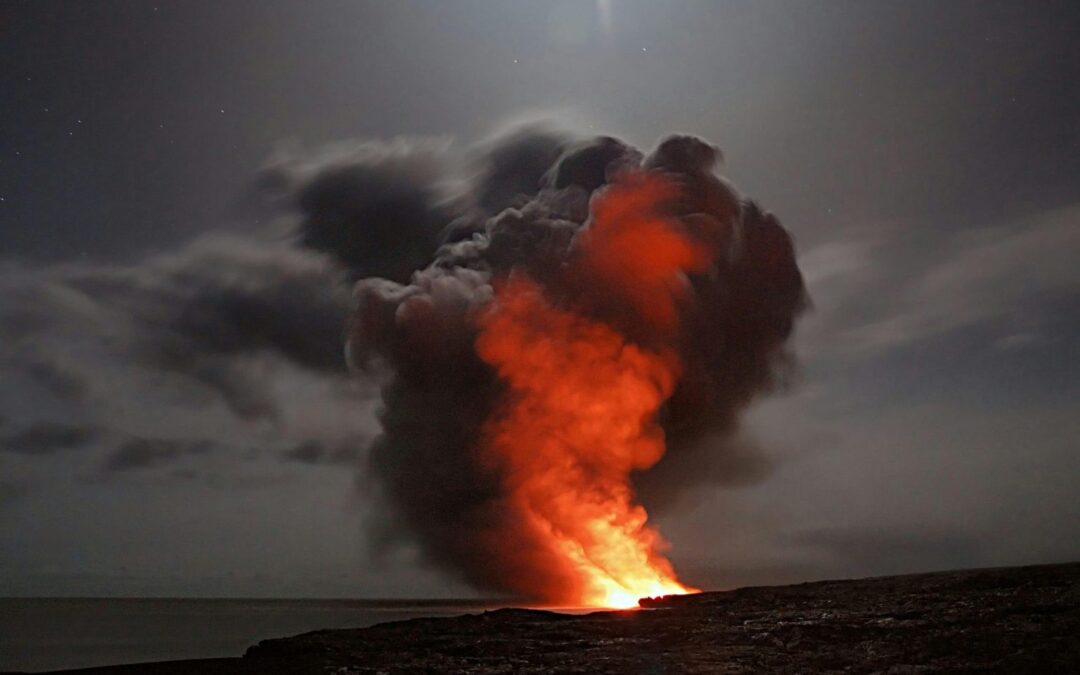
Faqs: answering common questions about seismic valves
Seismic valves play a critical role in safeguarding life and property during earthquakes. These specially designed valves are built to withstand the intense shaking and ground movement that earthquakes can cause. By automatically shutting off the gas flow to your...

Navigating regulations: where and why earthquake shut-off valves are mandatory in the bay area
Living in the Bay Area comes with undeniable perks, but also with the reality of earthquake risk. While we can’t control the earth’s movements, there are steps we can take to mitigate potential damage after a tremor. One example is the installation of seismic...
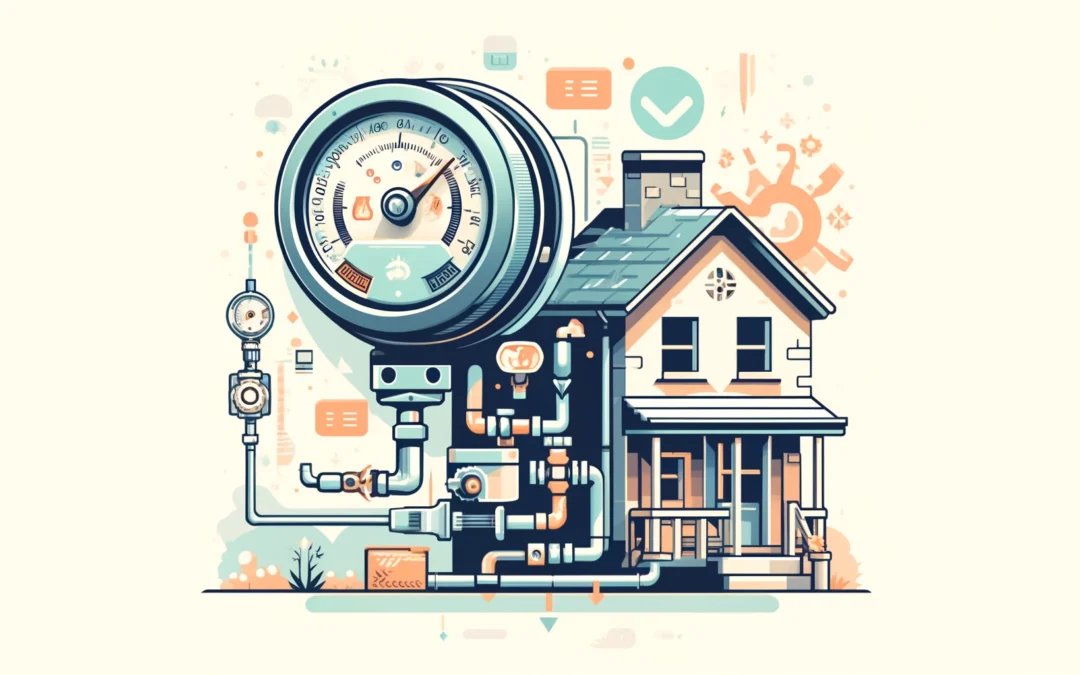
Understanding efvs: how they work to protect your home from gas hazards
EFVs, or Excess Flow Valves, are critical safety devices that automatically shut off the flow of natural gas in the event of a significant leak or break in the service line, preventing dangerous gas buildups that could lead...
